Easy Ways to Make Your Kitchen More Sustainable
7 Ways to Make Your Kitchen More Sustainable, From the Pantry to the Bar

Everyone is searching for ways to lead a more sustainable life, like switching to reusable water bottles, shopping for clothes secondhand, and learning how to recycle . . . properly. While these adjustments may seem small, their combined effect on the environment can be substantial.
If you’re looking for ways to extend your impact, start in the kitchen. There are eco-friendly tweaks you can make to produce less waste, and they’re pretty low lift. Whether it’s diverting food from a landfill by donating to a community fridge or upcycling old glass jars, keep reading to see the ways you can make your kitchen greener and work toward a healthier planet.
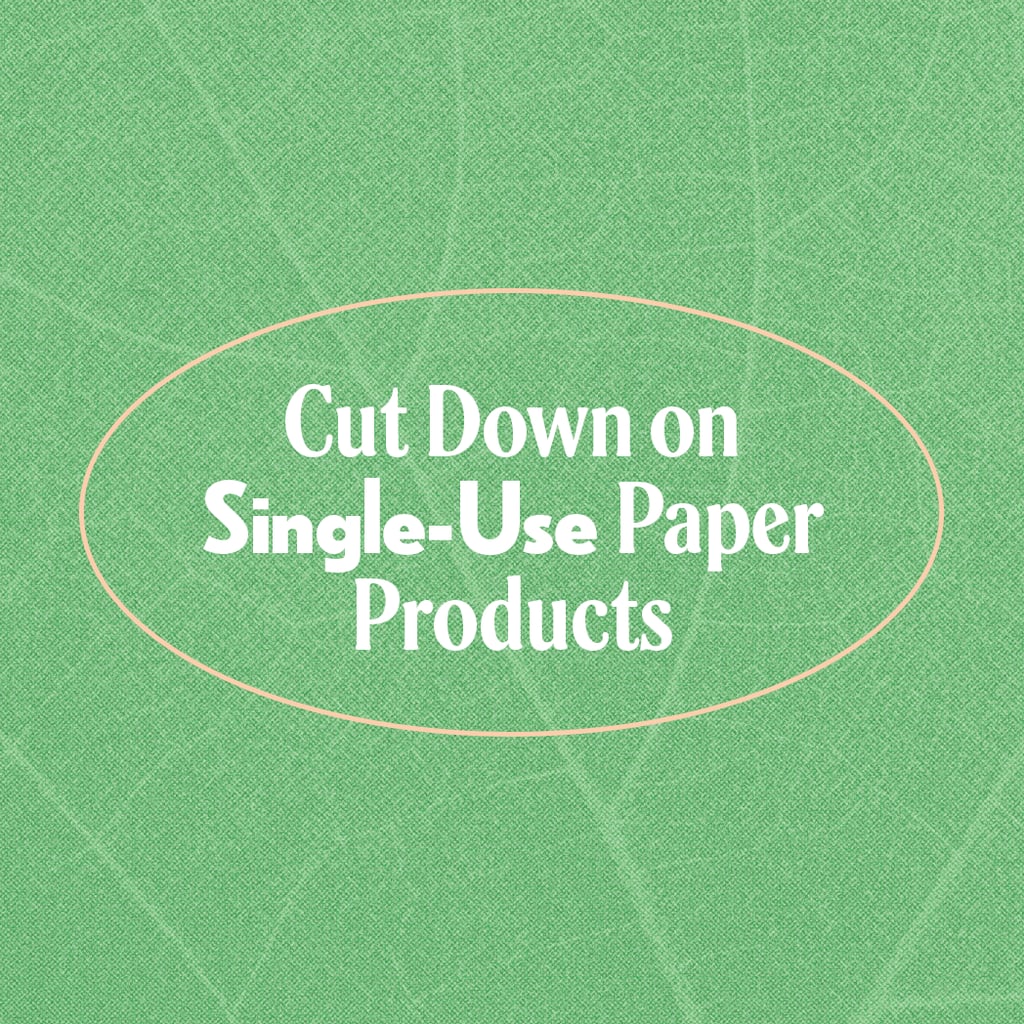
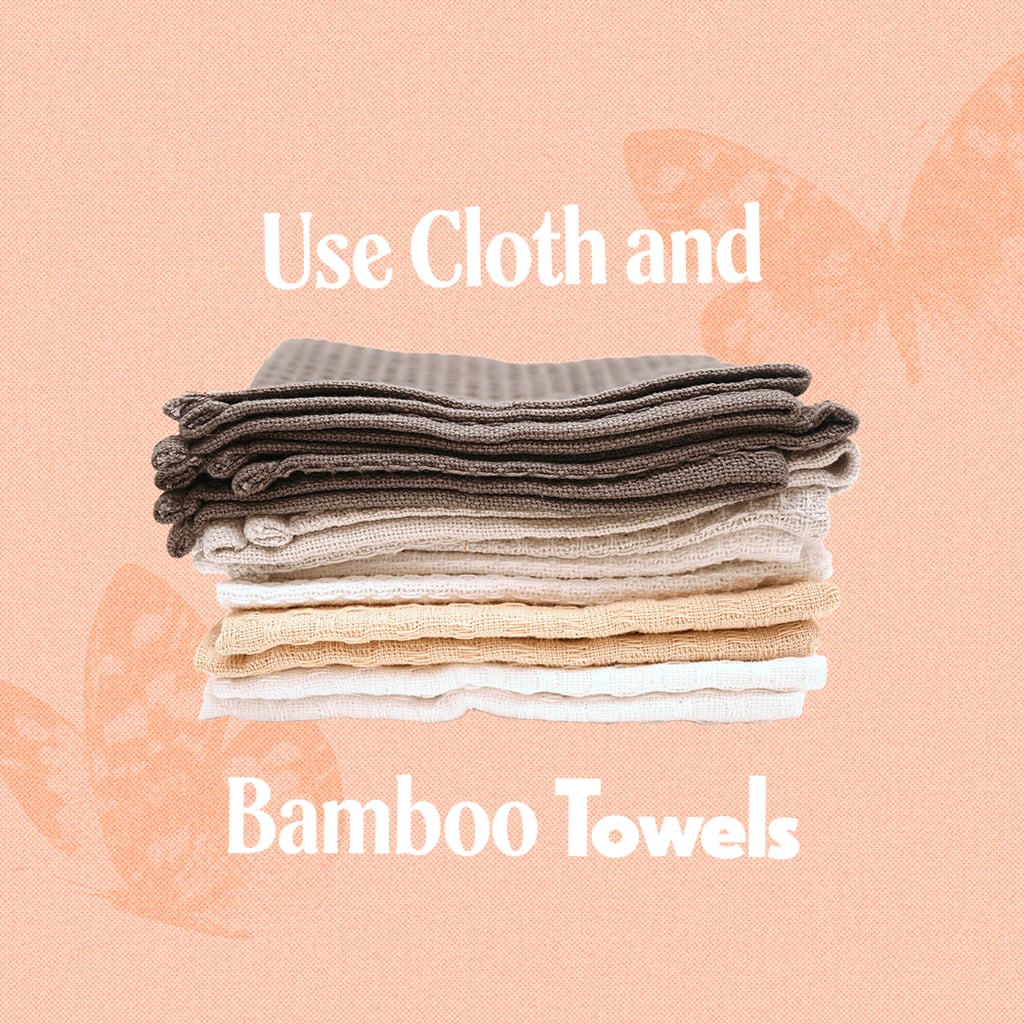
Between napkins, towels, plates, and cups, purchasing single-use paper products can add up. Cut down on your consumption by switching to reusable alternatives. Trade your paper towel roll for cloth and bamboo towels or swap out single-use paper napkins for chic linen ones. You can even turn your old undershirts into rags, preventing both the fabric and the paper towels it replaces from ending up in a landfill.
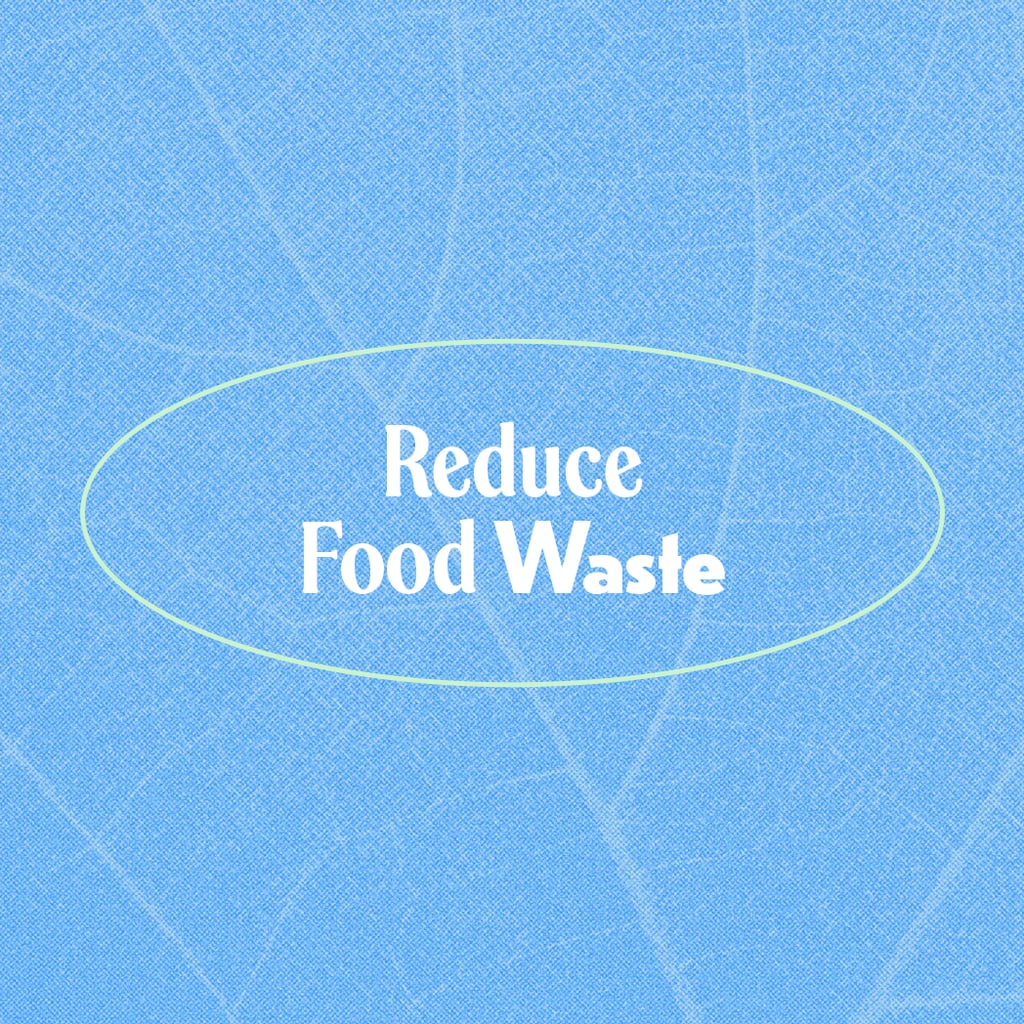
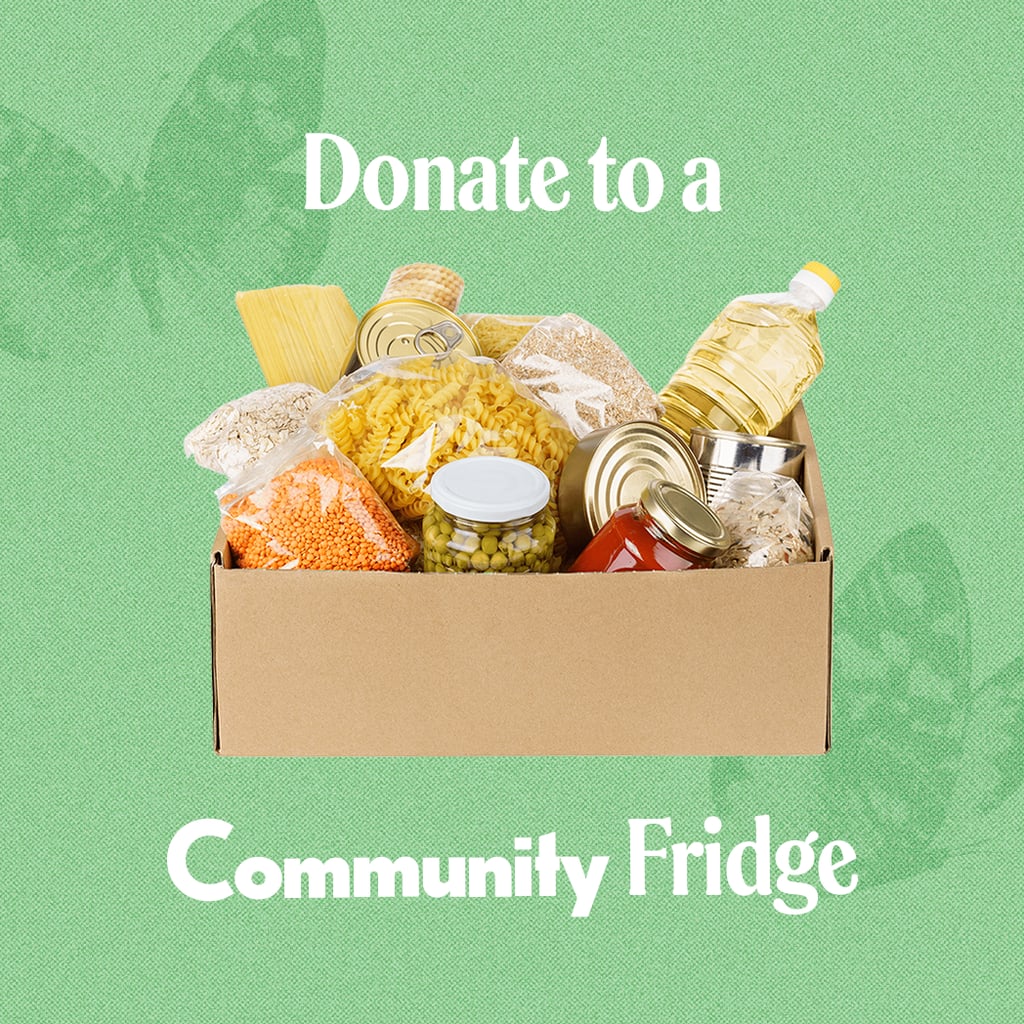
Each year, Americans toss more than 108 billion pounds of food — that’s like throwing 130 billion meals into the trash. To help stop food from going to waste, donate it to a community fridge. At the start of the pandemic, many communities rallied together to combat food insecurity by setting up free public fridges — and they’re still up and running to this day. So, next time you have an extra helping of dinner, or a handful of clementines that you won’t be able to eat before they go bad, drop them off at your local community fridge. A quick Google search can help you find a fridge in your neighborhood.

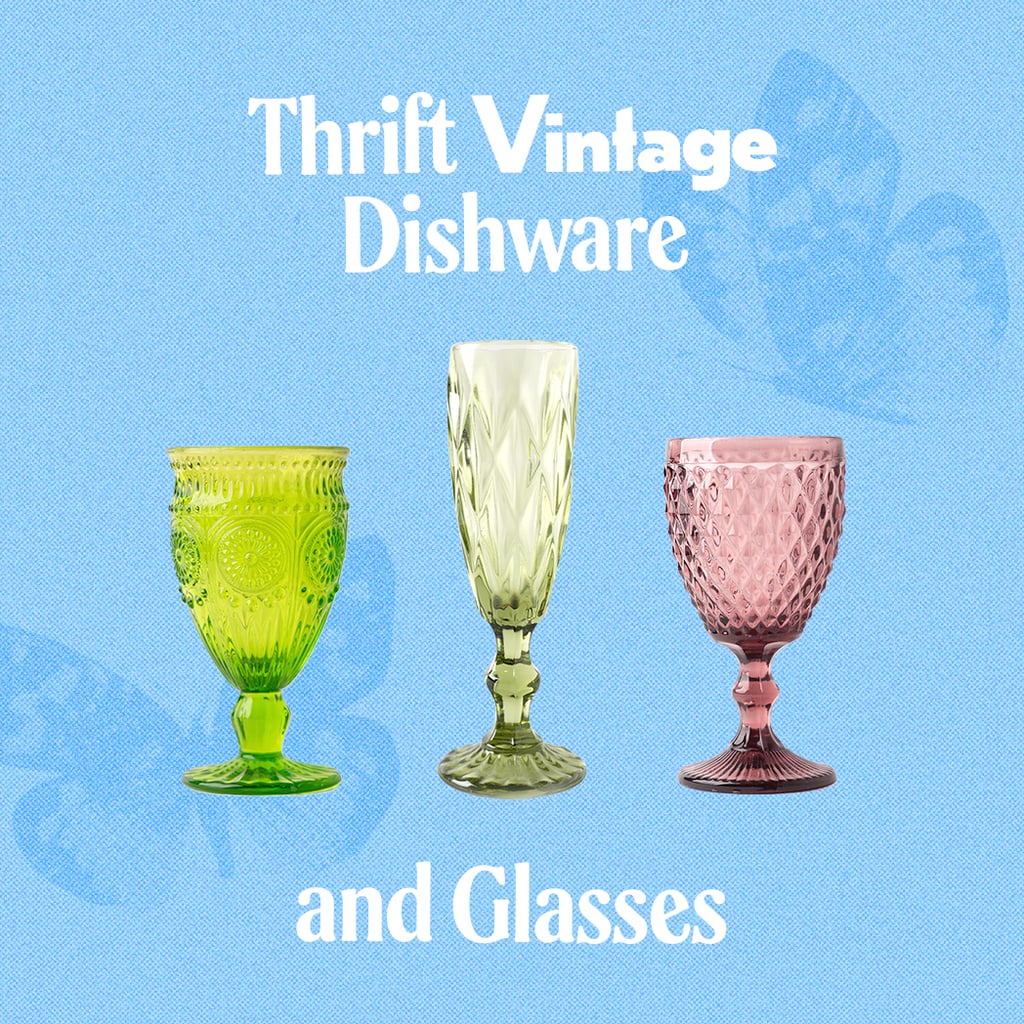
If you’re looking for an affordable and sustainable way to upgrade your dinner parties, purchase vintage platters and serveware secondhand. Think: ornate dinner plates, bright enamel pots, and colored glass stemware. Kitchen products are some of the easiest items to find — browse your local thrift store, scour online marketplaces, or go to estate sales. You’re bound to find fun, one-of-a-kind pieces for your kitchen.
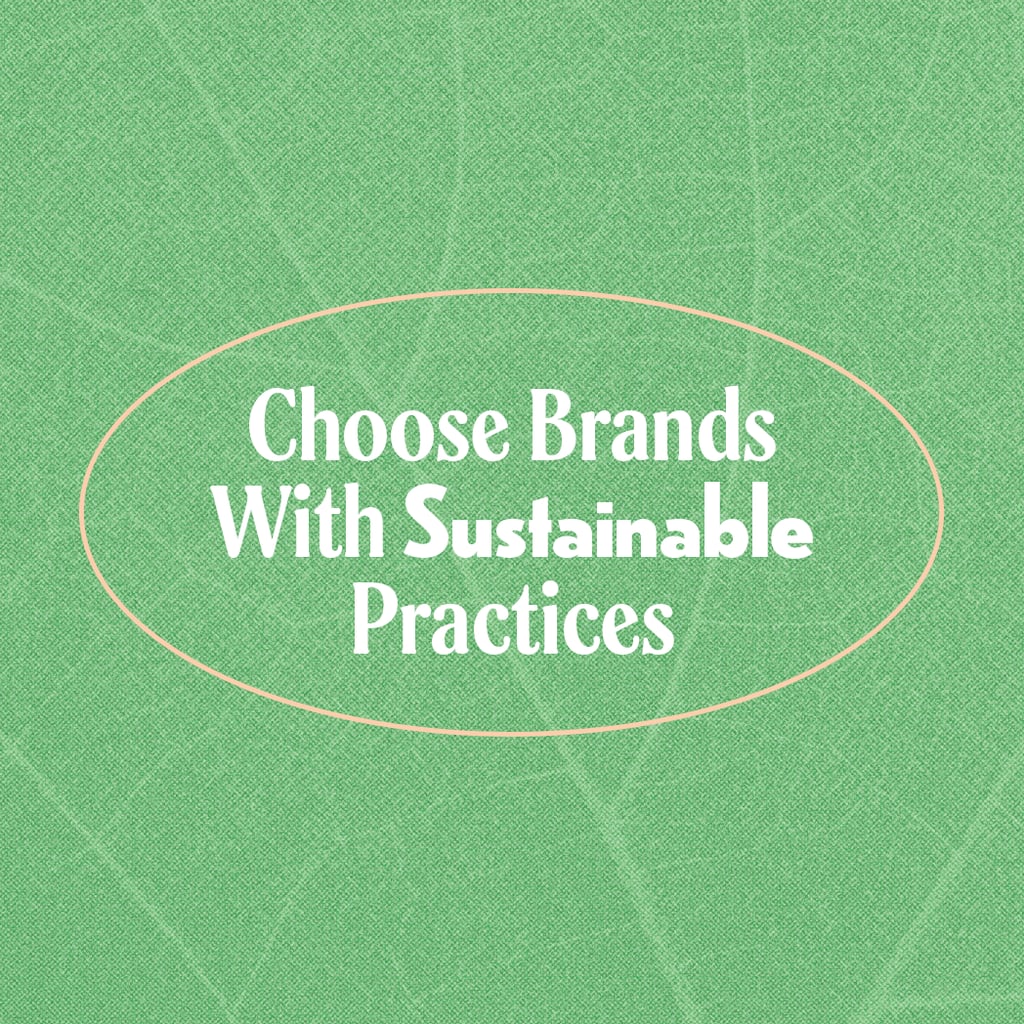
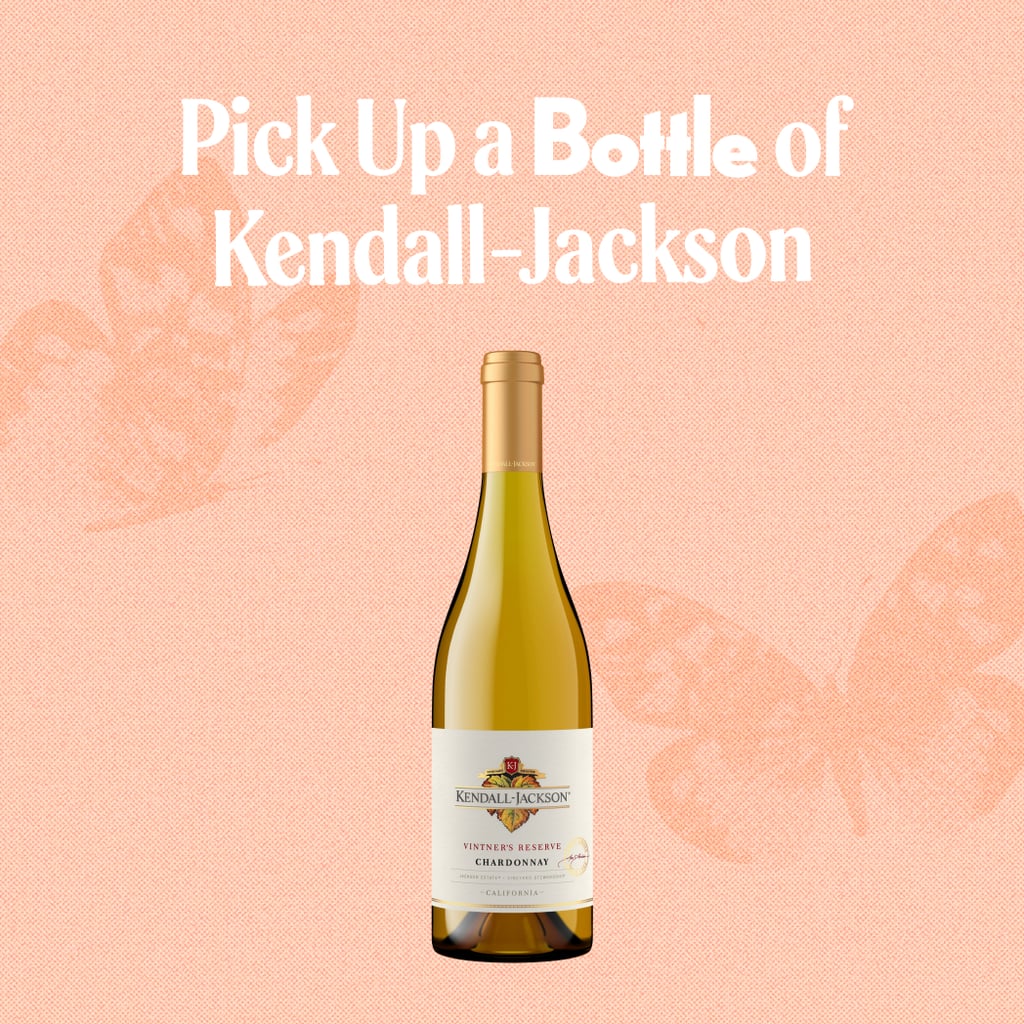
Creating a sustainable kitchen starts in the pantry. Choosing brands that follow business models that put the planet first should be top of mind when grocery shopping. When it comes to deciding on that bottle of wine, there’s one brand that’s taking big steps to leave a small footprint: Kendall-Jackson. The vineyard has the largest solar portfolio in the industry — its carbon impact equates to taking more than 1,000 cars off of the road every year. Along with cutting the winery’s water usage in half, Kendall-Jackson recycles and composts at all of its facilities. So whichever bottle of Kendall-Jackson you pick up, know that you’re supporting a brand that’s committed to sustainability.
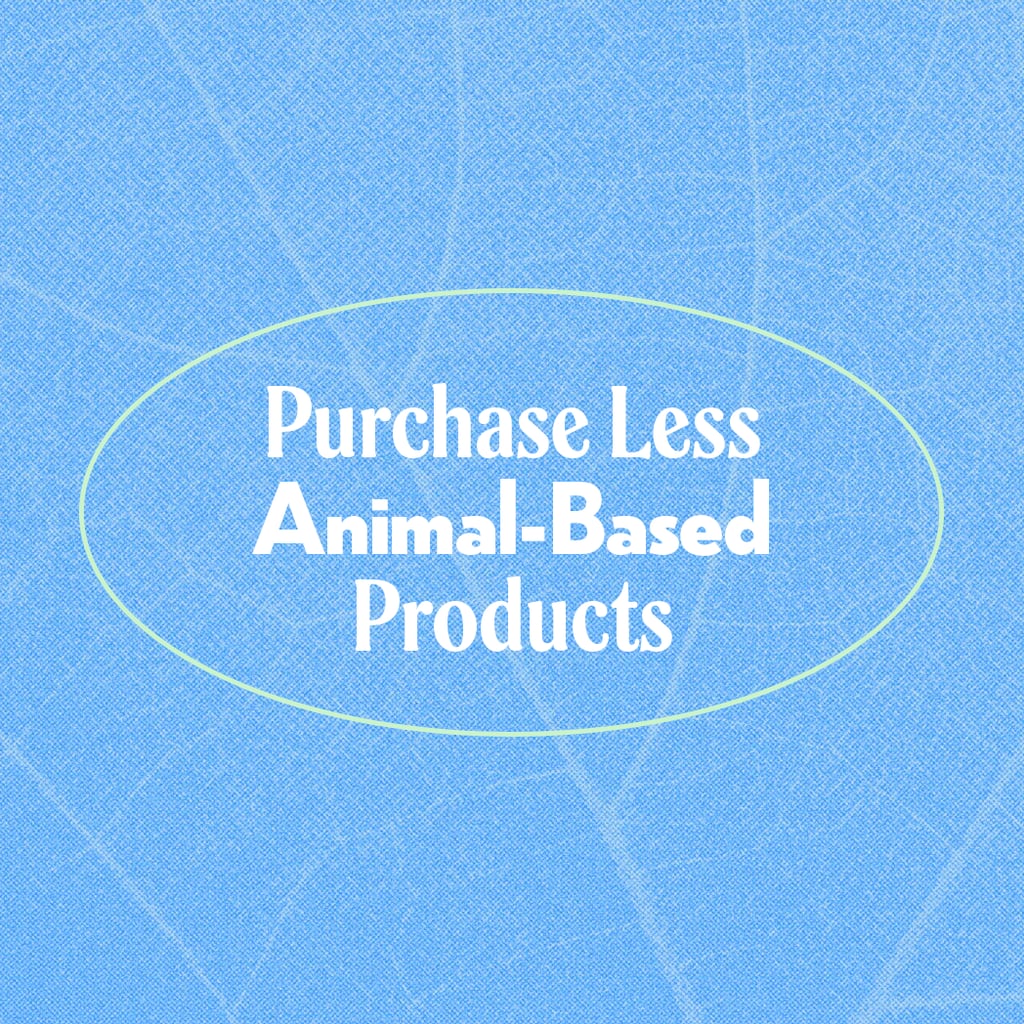
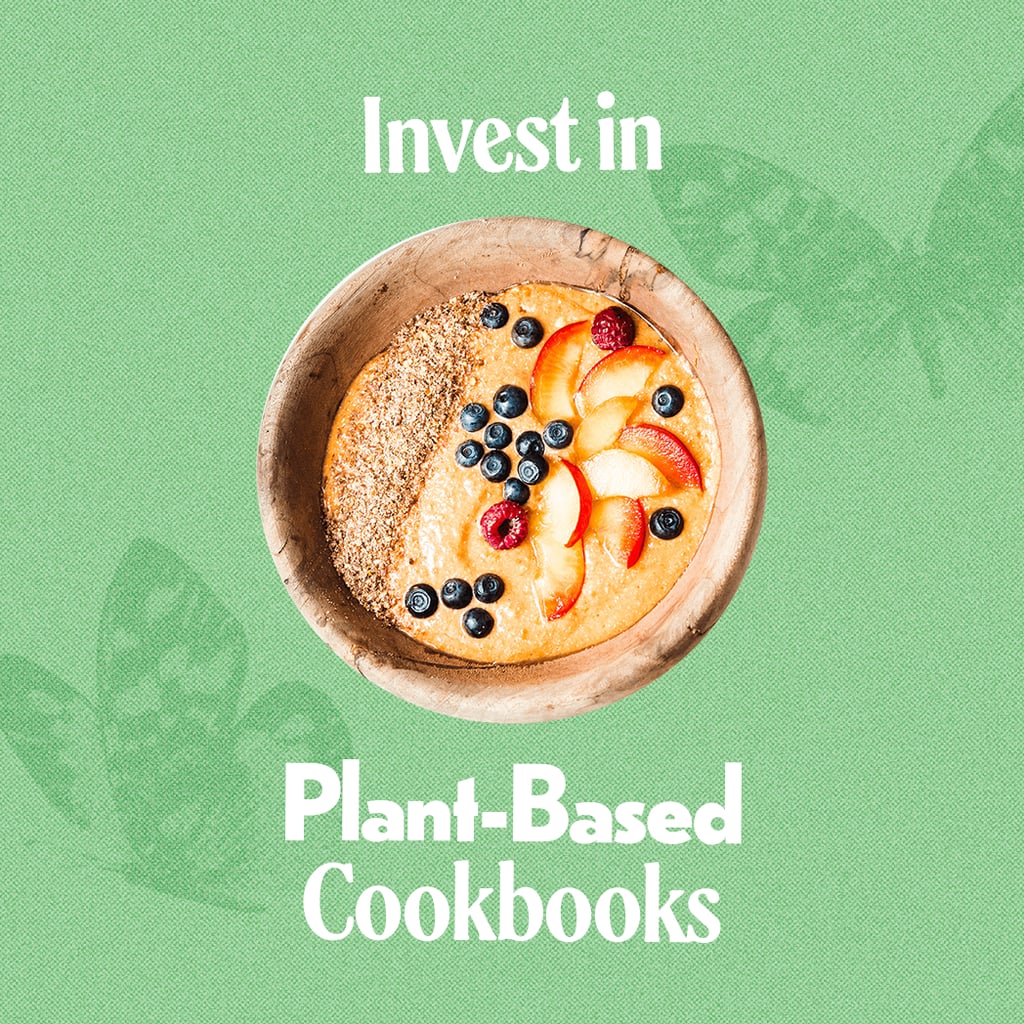
With so many convincing meat and dairy alternatives on the market — vegan butter, oat milk, even faux eggs made from mung beans — incorporating more plant-based meals into your rotation has never been easier. The food is anything but boring: Mission-style burritos with chipotle cashew queso, spicy buffalo cauliflower wings, Thai-inspired peanut noodle bowls. Invest in a vegan cookbook, flip through the pages, and open your eyes to the world of plant-based cooking.
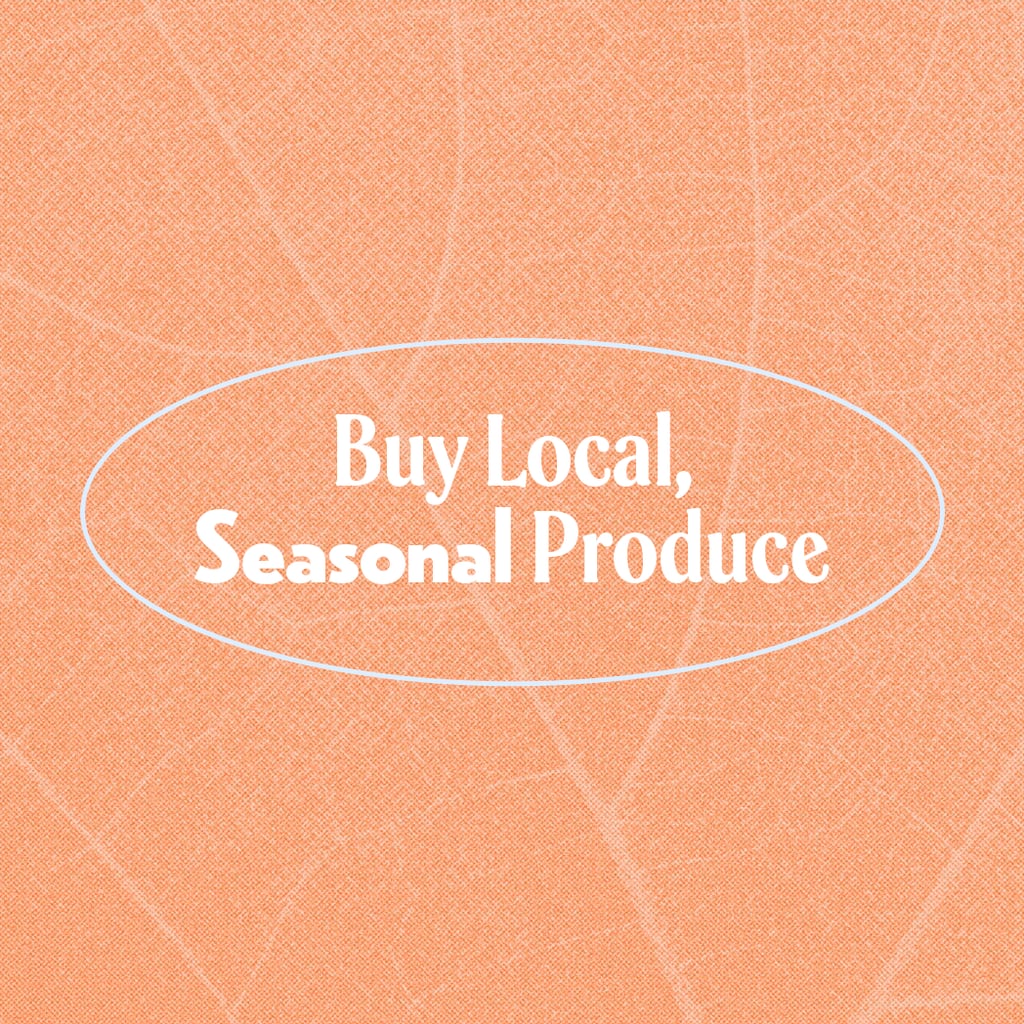
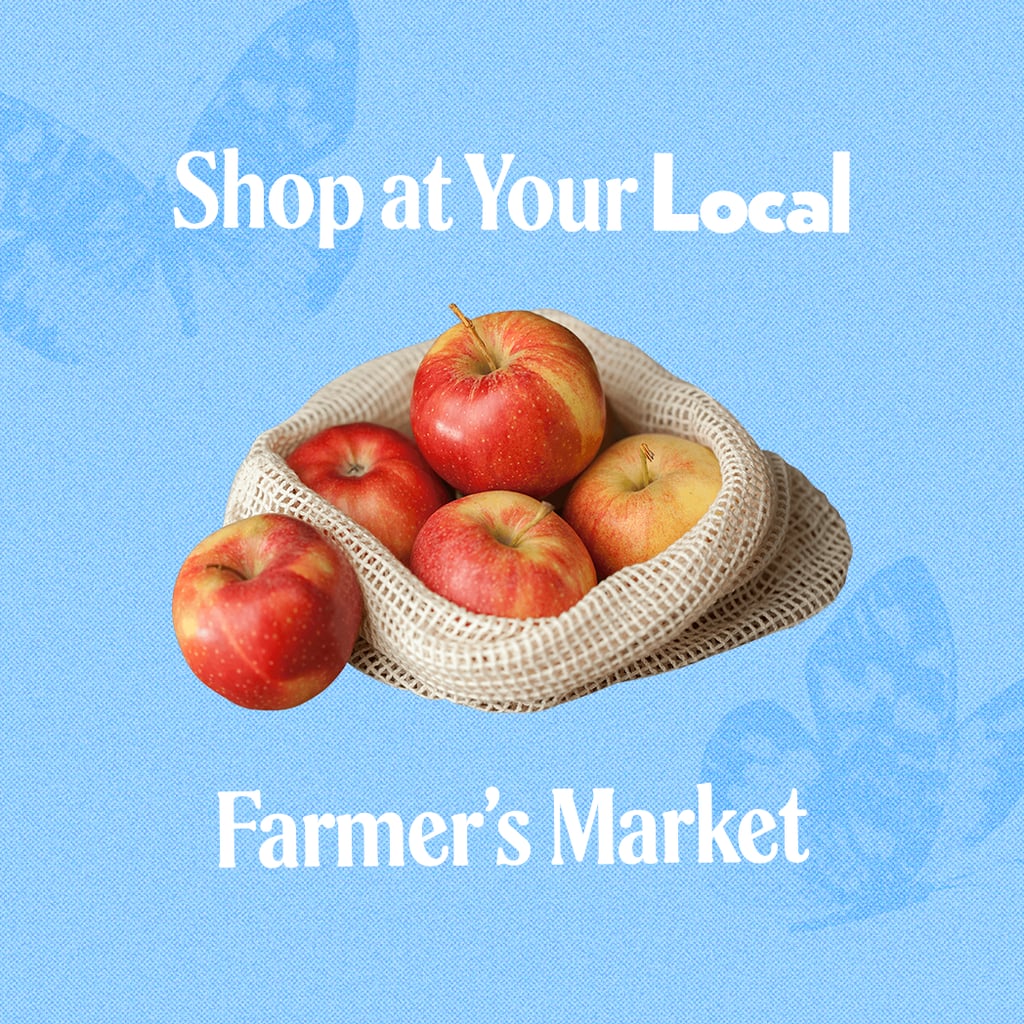
There’s nothing better than strolling through the farmers' market on a Saturday morning, especially with a hot coffee in hand. Besides being a mood-boosting experience, farmers' markets are inherently good for the environment. The produce is fresh and local; it hasn’t traveled across continents to make its way into your shopping bag, which means less greenhouse gasses are emitted. Farmers' markets are also a great place to find organic produce grown without synthetic pesticides and fertilizers. On top of it all, the produce tastes so much better than its conventional counterparts in a big-box grocery store.
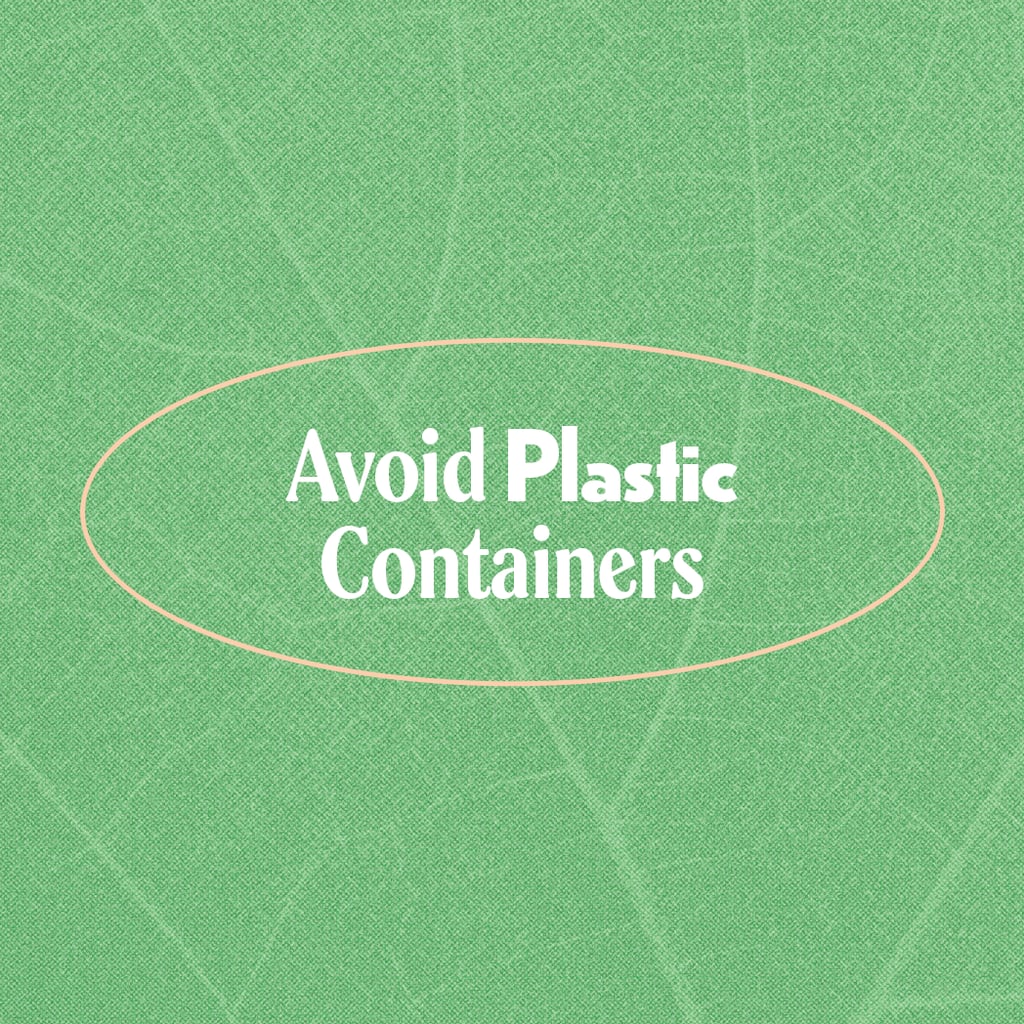
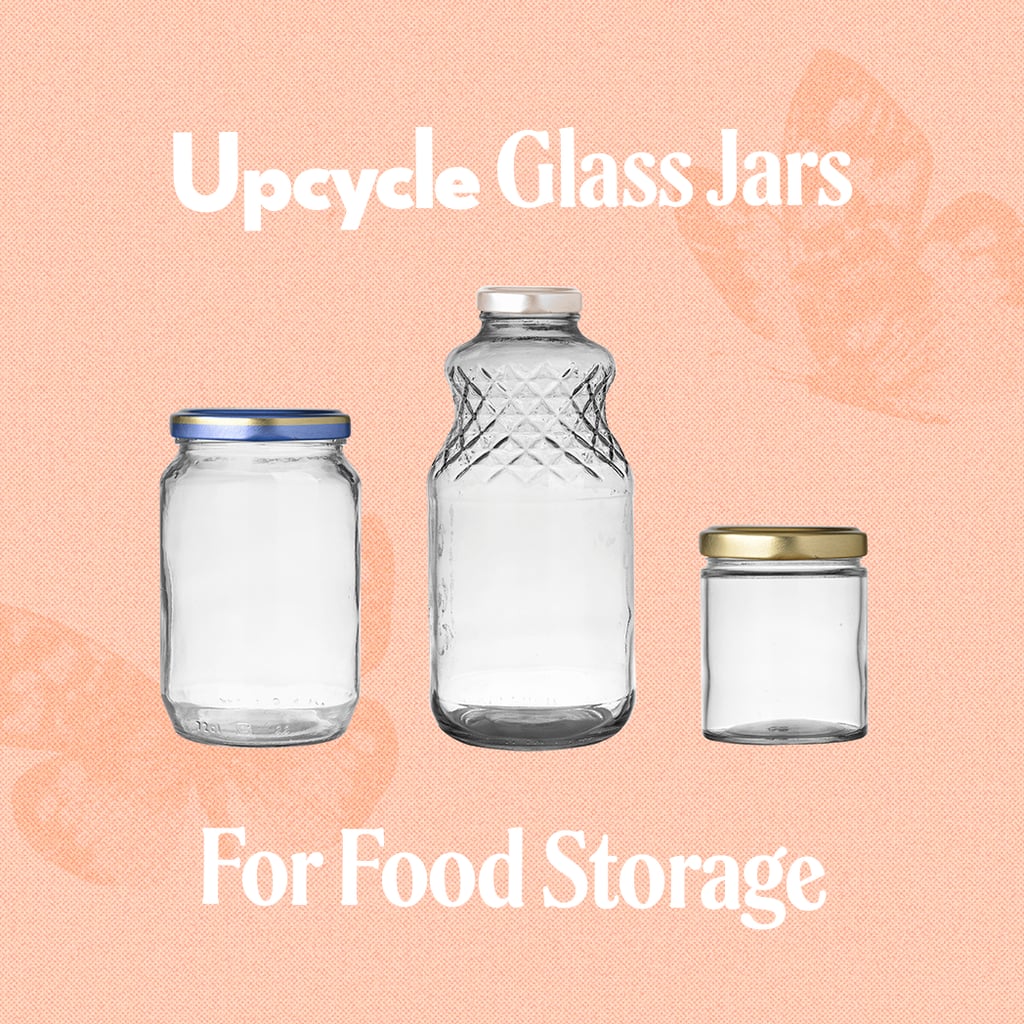
Instead of tossing that empty pasta sauce container in the recycling bin, rinse it out and save it. Glass jars are a super-versatile storage container — use them to hold grains, upcycle them into a vase, or turn them into a toothbrush holder. If you want to remove the disintegrating label, run the jar under hot water and scrub the paper away. Collect enough jars and you’ll never have to buy plastic storage products again.
Shop Kendall-Jackson Wines
Design: Allie Pakrosnis; Photography: Shutterstock, Kendall-Jackson



